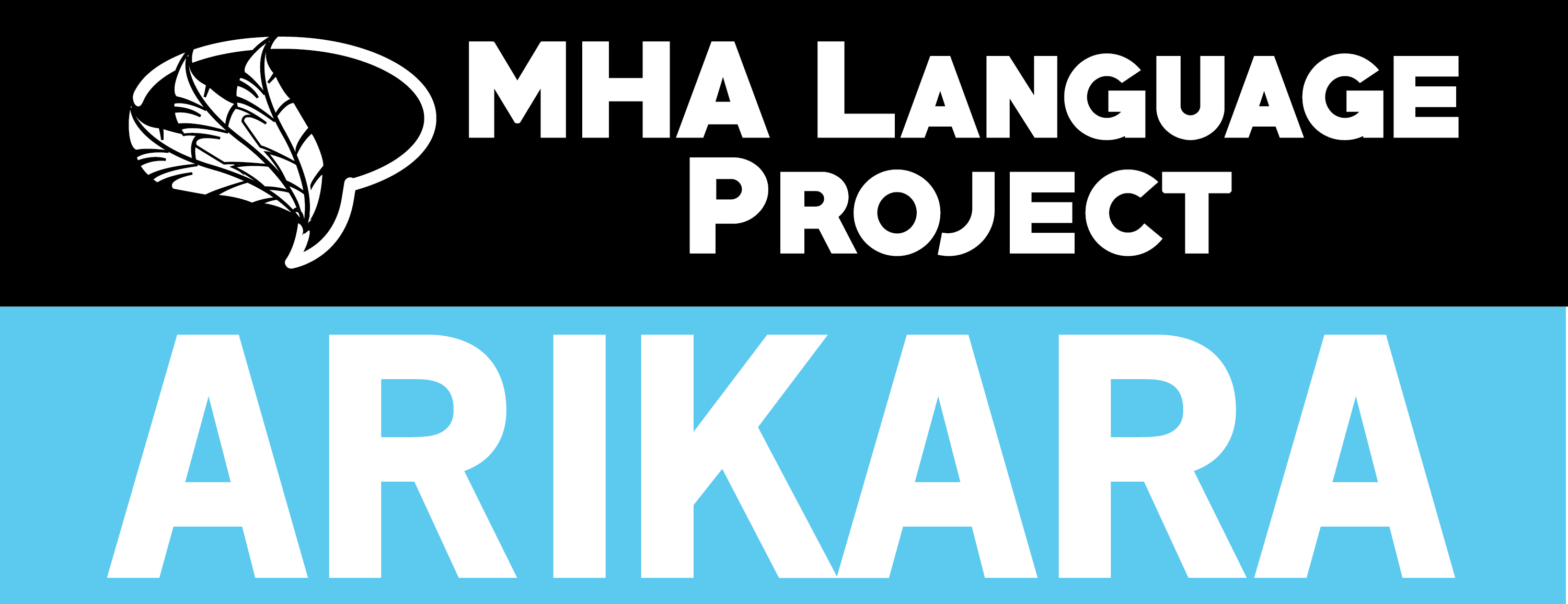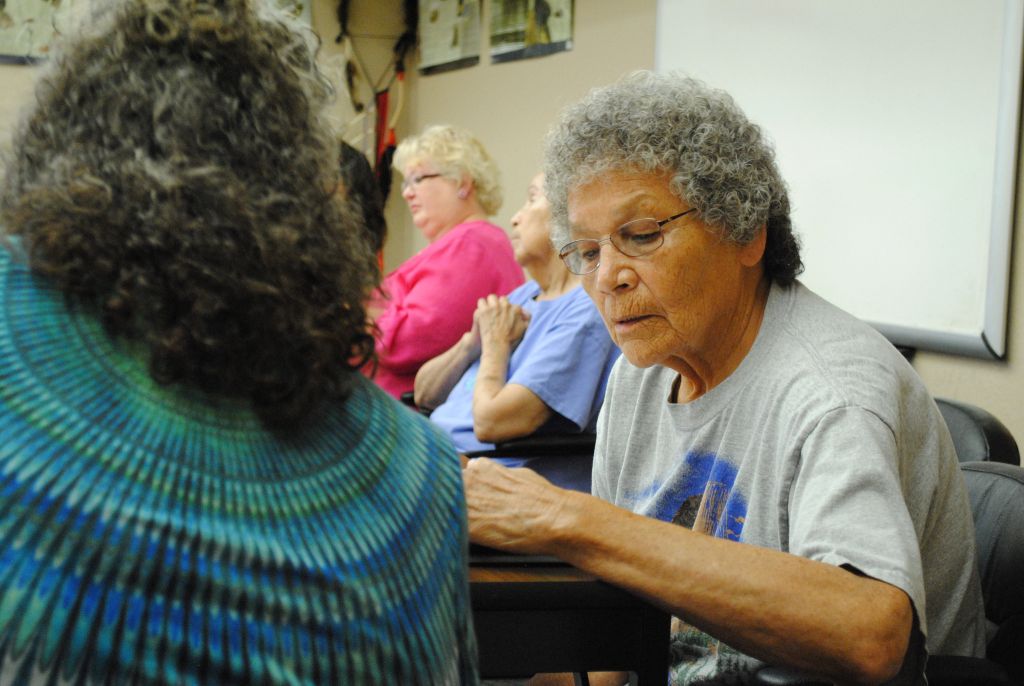A linguistic understanding of Arikara is essential for teaching the language knowledgeably, and for being an effective mentor in the classroom. Proper teaching of basic Arikara is dependent on having a clear understanding of the pronunciation of Arikara sounds, as well as a firm foundation in the sound system and the rules of the language. This course is an introduction to the Arikara phonetic and phonological system. Our general goal is to cover the fundamental phonetic aspects of the pronunciation of Arikara sounds, focusing on learning a writing system that allows us to capture those sound distinctions that are meaningful in the language.
Course Objectives:
The goal of this course is to introduce teachers in the effective use of Arikara phonology, so that they are adept at preparing lesson plans and teaching classes using Arikara sounds. More specifically, this weeklong course is devoted to an overview of the Arikara sounds and sound system, focusing on training you to write the language with a consistent orthography. Special emphasis is placed on (i) developing a basic, technical linguistics understanding of Arikara sound patterns, (ii) examining specific issues and difficulties of pronunciation associated with adult 2nd language learners trying to master the Arikara sounds, and (iii) developing a professional approach on teaching these concepts in the classroom. Use of specialized fonts, symbols, and keyboard software will also be covered, as needed.
Course Textbooks:
“Speak Arikara! – Level 1 Arikara Textbook”, MHA Language Project, MHA Dept. of Education, 2016.
“Speak Arikara! – Level 2 Arikara Textbook”, MHA Language Project, MHA Dept. of Education, 2016.
Arikara phonology and phonetics handouts and slides to be provided by the instructor in class.
Supplementary Books (optional): “An Introduction to the Arikara Language : Sáhniš Wakuúnu”, Volumes 1-3, Douglas R Parks, Janet Beltran, and Ella P. Waters, University of Indiana, 1998.


